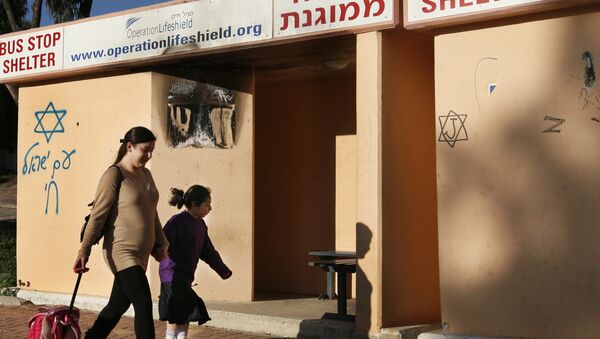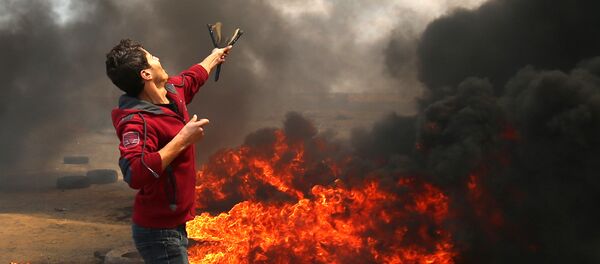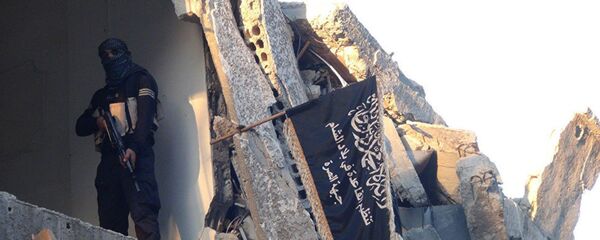An estimated two and a half million Israelis have poor protection from airstrikes and roughly 700,000 homes are exposed to attacks, The Haaretz quoted Maj. Gen. Tamir Yadai, the head of Israel's Home Front Command, as saying.
He stressed that this makes roughly half of the Arab communities within just 4 kilometers from the Syrian and Lebanese border especially vulnerable, in comparison with a little over 7.5 percent of the Jewish communities living nearby. Yadai went on to say that just 10 of the overall 50 sites that the state has earmarked for enhanced protection have essentially been reinforced.
Kfar Vradim Mayor Sivan Yehieli, in charge of northern Israeli border communities, voiced the same concerns, stressing the necessity to step up security measures in kindergartens and other social institutions, as well as ease access to food for those staying in shelters.
The heads of the Eastern Galilee Regional Cluster, comprising 15 different localities, acted along the same lines submitting a formal request to Israeli Prime Minister Benjamin Netanyahu, in which they called to devise a five-year plan to reinforce the Galilee and the Golan Heights, demanding that a stronger emphasis be put on the protection of private homes, and regional health and educational institutions, Ziv hospital in Safed among them.
READ MORE: Israeli Forces on High Alert Over 'Unusual Spike in Iran's Activity' in Syria
The security debate has occurred amid ongoing tensions in the Golan Heights region, and less than a week after Israel Defense Forces warplanes raided alleged Iranian positions in Syria, firing dozens of rockets into Syrian territory in retaliation to the firing of what Israel claimed were Iranian missiles.
The Israeli leadership has lashed out on multiple occasions on Iran for, as they said, Iranian military presence in Syria, which the Islamic Republic flatly denied. It was reported in early May that the Israeli Defense Forces had deployed its airstrike defense systems and were on "high alert for an attack," having identified what they claimed was “irregular activity of Iranian forces in Syria.”




